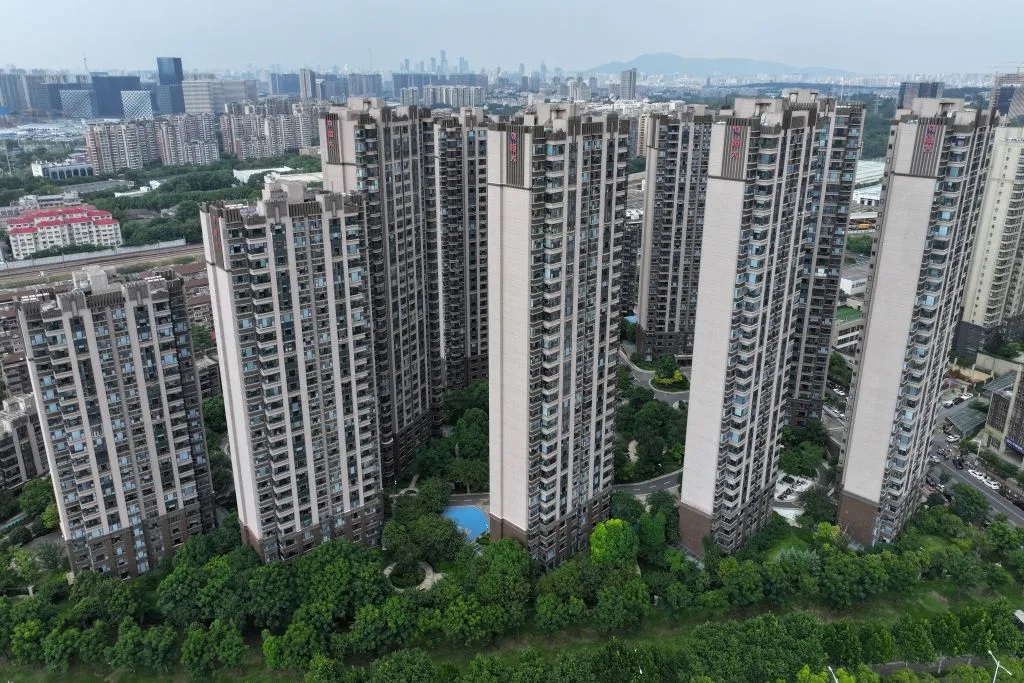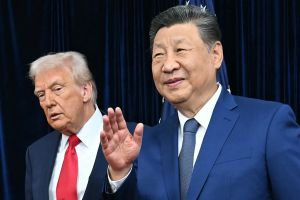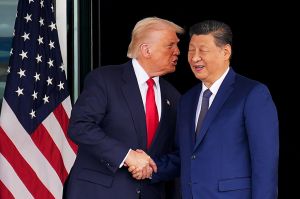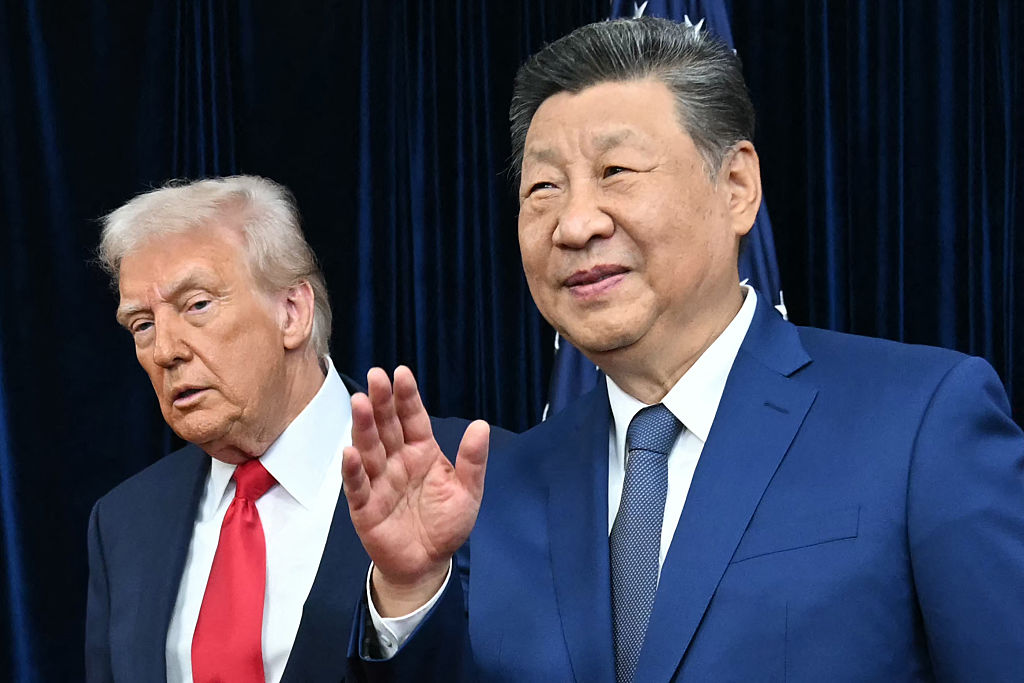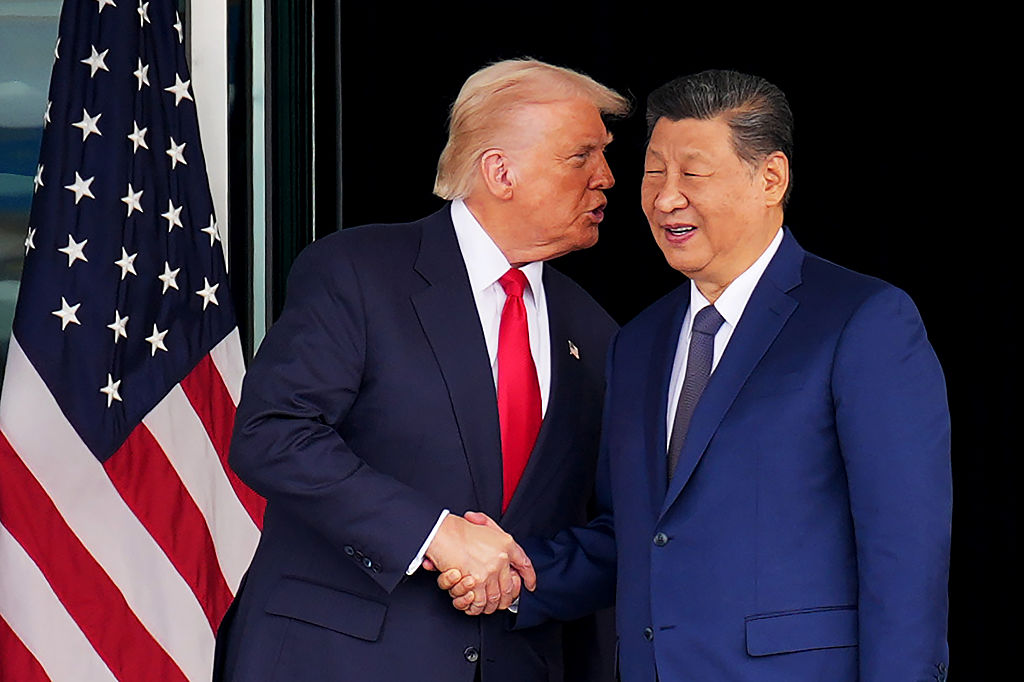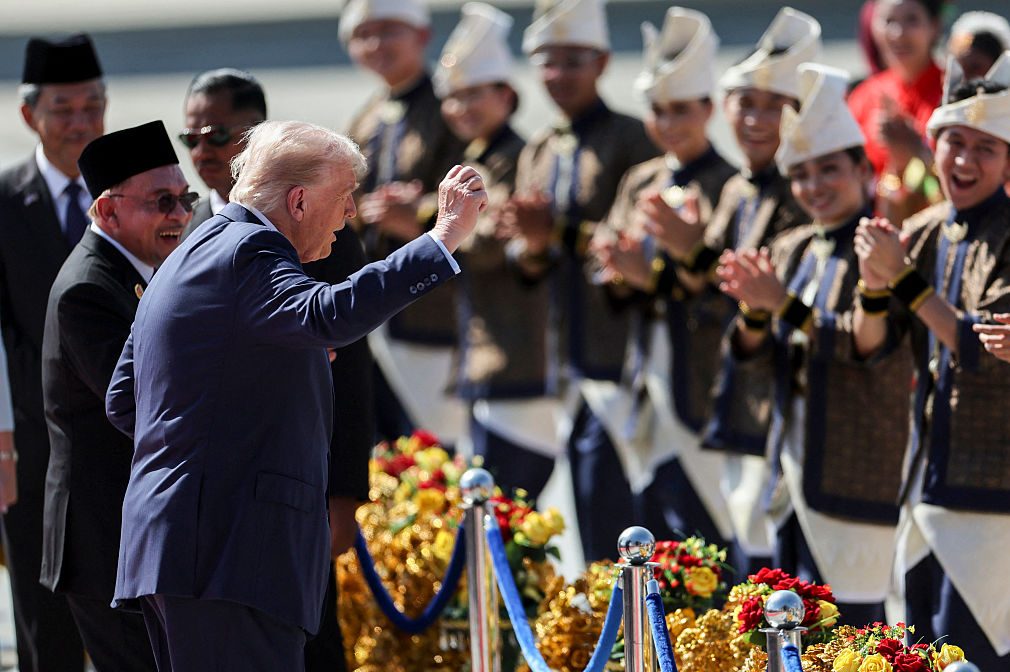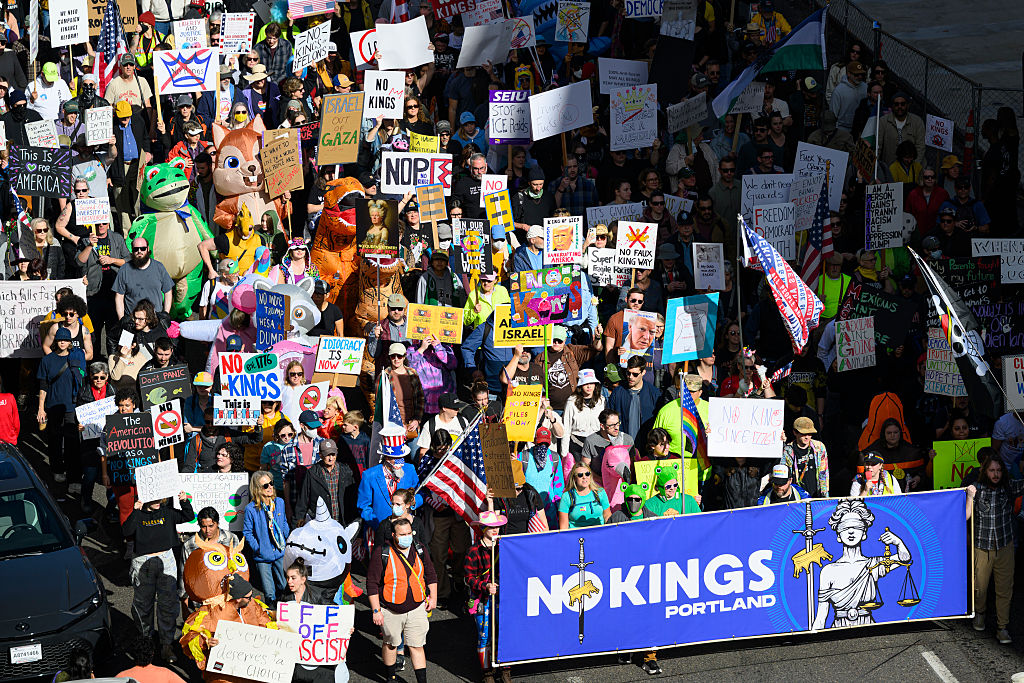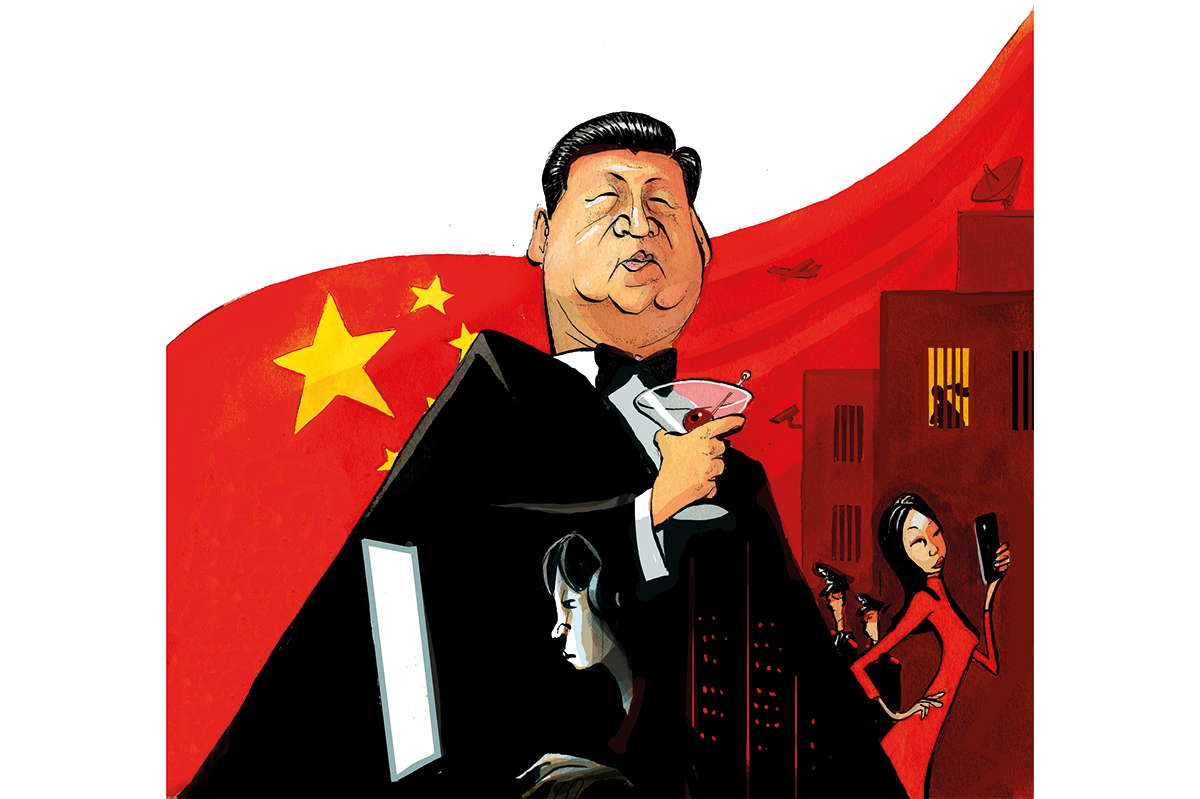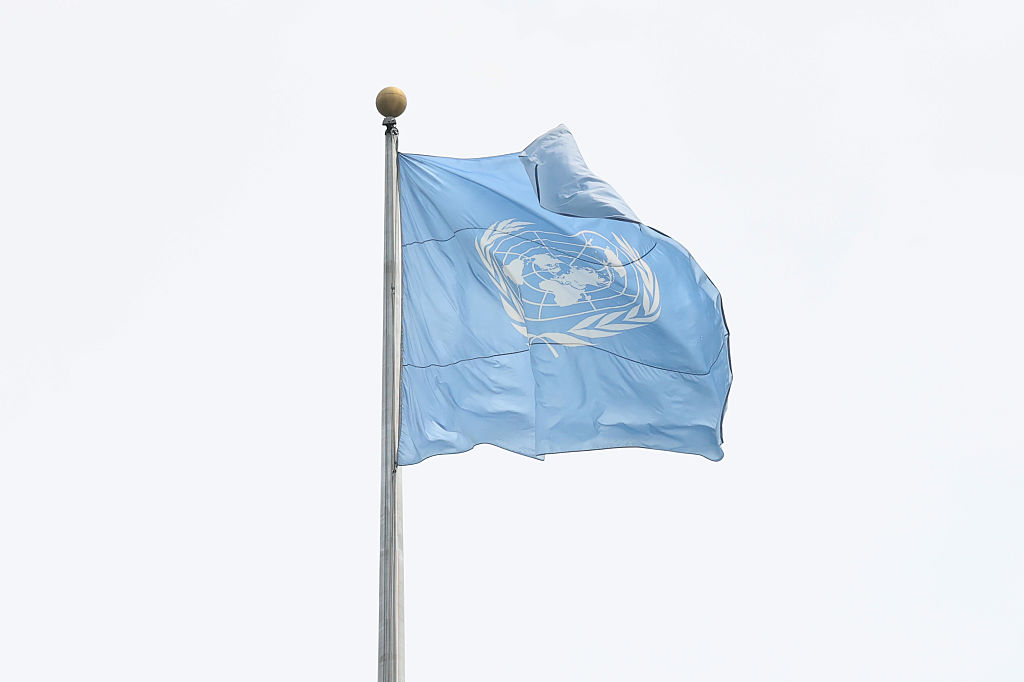The Chinese Communist Party appears set to kill off its largest economic zombie, while gambling that it can control the fallout. Evergrande, the world’s most indebted developer, first defaulted almost two years ago, as China’s property bubble began to burst. It has since been able to stagger on from one crisis to another, while struggling to restructure its mountain of debt and sell its assets. Now even the CCP seems to have decided this is untenable. The problem for the party is that Evergrande is not the only occupant of China’s economic valley of the living dead, and the impact of its collapse may be impossible to control.
The signs of a final reckoning have been growing over recent days. On Monday, Hengda Real Estate, Evergrande’s main unit in mainland China, defaulted on repayment of a further $547 million of loans and said in a statement that plans to restructure its debts had ran into trouble because it was being investigated by the authorities. It was reported today that Evergrande’s billionaire founder and chairman has been placed under police surveillance. He is said to have stopped contacting staff and become inaccessible over recent days.
The problem for the party is that Evergrande is not the only occupant of China’s economic valley of the living dead
China’s financial press also reported that several current and former executives have been detained. This followed the arrest of executives at Evergrande’s wealth management unit and an appeal to the public to report any cases of suspected fraud. These investigations mean that the company is unable to issue any new debt, that its lifeline has effectively been cut. They are also a signal that the CCP is not only pulling the plug but is lining up scapegoats on whom the company’s demise can be blamed.
The news sent Evergrande’s share price reeling, losing almost a quarter of its value in one day. It came amid reports that the authorities have instructed local governments to brace themselves for the social and economic impact of the company’s formal collapse. Officials characterized the orders as “getting ready for the possible storm,” according to the Wall Street Journal. Other developers are being lined up to take over Evergrande’s projects and law enforcement teams are reportedly being set up to monitor public anger and prepare for “mass incidents.” This is the CCP’s euphemism for protests, which have become common among aggrieved investors and home owners.
Evergrande, which is based in the southern Chinese city of Shenzhen, had more than $300 billion in liabilities at the time of its failure in September 2021. That’s when it initially missed international bond payments, before being declared in default by rating agency Fitch three months later. At the time it had around 800 projects spread across 200 cities, many of which were suspended. The company’s painful restructuring process, a desperate Ponzi-style effort to issue yet more debt to cover its immediate liabilities, has been marked by a lack of transparency that left bond holders in China and abroad struggling to understand what was going on. The company piled up losses of $81 billion over the course of 2021 and 2022.
The stability obsessed CCP had appeared desperate to avoid the complete collapse of Evergrande. This has fed the belief in China and abroad that even the biggest zombies would always be bailed out — and international investors, who are owed at least $30 billion, have continued to buy the company’s bonds in the belief the government would never allow it to fail. That was further encouraged when the authorities cut interest and loosened other lending controls for developers and for buyers — an effort to pump back up a bubble it had once been keen to deflate. But this has done little to stop falling prices and sales. Confidence among would-be home owners has collapsed amid a wider economic downturn.
The problem for the party in trying to contain the crisis is that property and related goods and services account for over a quarter of China’s economy, and while Evergrande has been at the center of the property debt crisis, the rot does not stop there. Dozens of other developers are also in default, and last month a company called Country Garden, China’s largest property developer by sales, narrowly avoided defaulting on its debts. The bursting of the property bubble is also linked closely with the dark world of shadow banking, a vast and unregulated parallel banking system, the scale of which can only be guessed at. Add to this a mounting financial crisis facing local government, which relied heavily on income from land sales and other opaque financing vehicles, and it is little wonder that investors are holding their breath.
If it sounds like a mess, that’s because it is. There has long been a sense that China can somehow defy economic gravity, that the normal rules do not apply, and more gullible analysts have praised the quality of the country’s economic technocrats. That has always been something of a myth; more so under Xi Jinping, when control and security trump all else and markets are supposed to do as they are told. The mythical technocrats are now facing their sternest test in navigating what now seems like the inevitable demise of Evergrande. They will now have to ensure that the fallout does not hammer the rest of China’s economy.
This article was originally published on The Spectator’s UK website.



